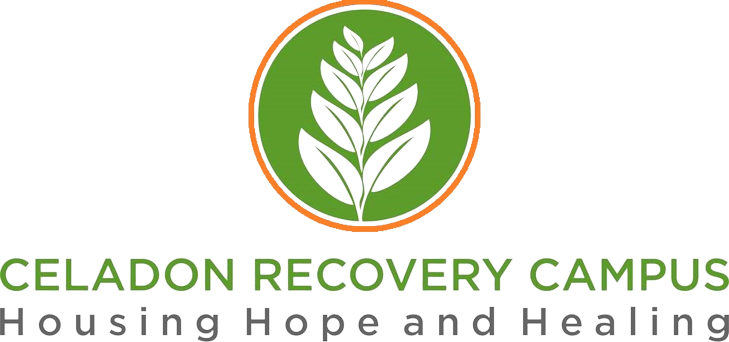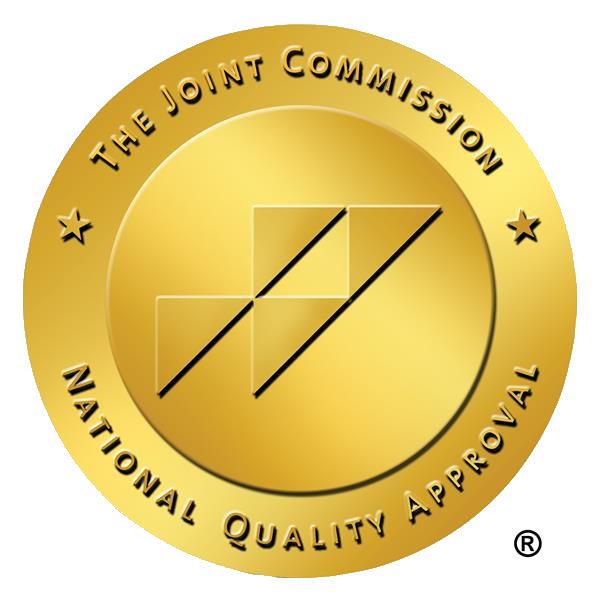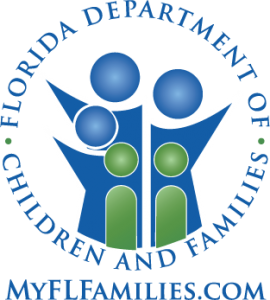Florida Addiction Treatment Center
Southwest Florida Drug & Alcohol Rehab
If you or a loved one is struggling with substance use disorder, seeking help at our Fort Myers addiction treatment center can be a big first-step. Whether you’re experiencing alcoholism, prescription or illicit drug addiction, our Southwest Florida rehab can help. We offer all levels of inpatient / outpatient levels of care with special emphasis on addiction issues accompanied by co-occurring mental health problems. And, although we’re committed to providing high-quality medical and therapeutic care, we do so on a non-institutional, waterside campus where patients heal and grow.
Substance Use Disorders Treated
When you come to our Florida addiction treatment program, our staff will help you break free of alcohol or drugs. Moreover, each patient’s treatment programming will be adapted to their distinctive needs regardless of the substance(s) they are fighting.
Our substance use treatment options include:
- Alcohol addiction
- Cocaine / crack addiction
- Opioid use disorder
- Prescription drug addiction
- Benzo addiction
- Methamphetamine addiction
- Marijuana addiction
Inpatient Addiction Treatment in Florida
At Celadon, addiction recovery begins with inpatient care. This typically involves a medically supervised detox and a substantial residential treatment stay. This ensures each patient is detox and has the tools to begin their recovery journey. For this reason, our Florida inpatient programs provide round-the-clock care and support, often for a period of 30-90 days. During detox, patients are kept comfortable with advanced addiction medicines and close medical observation. This significantly reduces withdrawal symptoms (or eliminates them altogether). Once each patient is medically cleared, they advance to residential care to begin the work of behavioral change.
Recovery from addiction is a lifelong process that requires a day-to-day lifestyle change. It’s also important to note that addiction didn’t happen immediately, so it can’t be corrected in days or weeks. However, Our Florida rehab can offer access to a wide-range of state-of-the-art treatment services and therapies, such as peer support groups, individual therapy, co-occurring disorder programs, and more. Not sure where to start? Call us at 239-266-2141 for a confidential evaluation.
Levels of Care for Florida Addiction Treatment
Our Florida Addiction treatment entails a comprehensive recovery program that supports you from acute withdrawal to long-term continuing care. We start rooting for your success the moment you enter our treatment facility.
Here’s what you can expect from our rehab center.
Medical Detox
The length of detox varies based on the frequency of your substance abuse and the severity of your withdrawal symptoms. Symptoms typically peak within the first 24-48 hours and gradually decrease by one week.
Residential Treatment
Our inpatient treatment offers extensive support and individualized care for your alcohol addiction. Inpatient is a form of residential treatment- clients receive 24/7 monitoring and support for their substance use and mental health disorders.
Partial Hospitalization (PHP)
PHP is a typical step-down level after completing residential treatment. At this level of care, we encourage you to continue participating in our program while also thinking about aftercare needs. Many people participating in Florida drug and alcohol treatment find that long-term care offers the best chances for a successful recovery.
Intensive Outpatient/Outpatient
Intensive outpatient treatment (IOP) care allows you to truly start implementing the knowledge and skills you’ve learned in our treatment program. IOP balances structure and support with managing life in the real world. You may be working or attending school during this time. You might also be rebuilding relationships with your family members or friends.
Continuing Care
Addiction treatment doesn’t end once you complete our Florida rehab. Although finishing our care is a significant milestone, it’s important to note that addiction recovery is a lifelong process.
We are here to help you navigate the best continuing care options to keep your momentum strong. Continuing care may include participating in therapy, support groups, medication management, and our alumni program.
Sober Living
Home should be a welcoming place. However, if you constantly feel triggered where you live, you may need a change of scenery.
It’s important to have a safe and supportive living environment. If needed, we can help you with sober living placements. These homes provide camaraderie and accountability, and they have a zero-tolerance policy for substance use.
What Family Members Need to Know About Our Florida Rehab Center
You may experience numerous emotions about your loved one getting help for their alcohol or drug addiction. It’s normal to feel scared, excited, hopeful, discouraged, angry, and afraid- all at the same time.
There Isn’t a Set Timeline
No two addiction recoveries are identical. Therefore, healthcare shouldn’t be a one-size-fits-all process. Instead, we build treatment plans based on our client’s specific needs. The length of treatment may depend on numerous factors, including:
whether detoxification is necessary
recommended levels of care
frequency, intensity, and severity of alcohol or drug use
the presence of co-occurring disorders
goals for long-term recovery
Most experts agree that long-term treatment typically yields the best alcohol addiction results. Consult with our team if you have concerns about your loved one’s treatment plan or timeline. In addition, we are happy to answer any questions you may have about their care.
Choose the Right Florida Rehab
Choosing a Florida addiction treatment center, such as Celadon in Fort Myers can be a challenging decision, but with the right support and resources, recovery from substance use disorder is possible. It’s important to consider a variety of factors when selecting a treatment center, such as the type of treatment programs offered, the qualifications and experience of the healthcare providers, the facility’s location and amenities, and the cost and insurance options.
By doing thorough research and asking the right questions, you can find a Florida rehab center that meets your specific needs and helps you achieve long-term recovery. Call us to learn more about our programs and how we can support you on your journey to recovery. Don’t hesitate to reach out for help and support, whether for yourself or a loved one struggling with addiction. There are resources available and people who care and want to help you.





